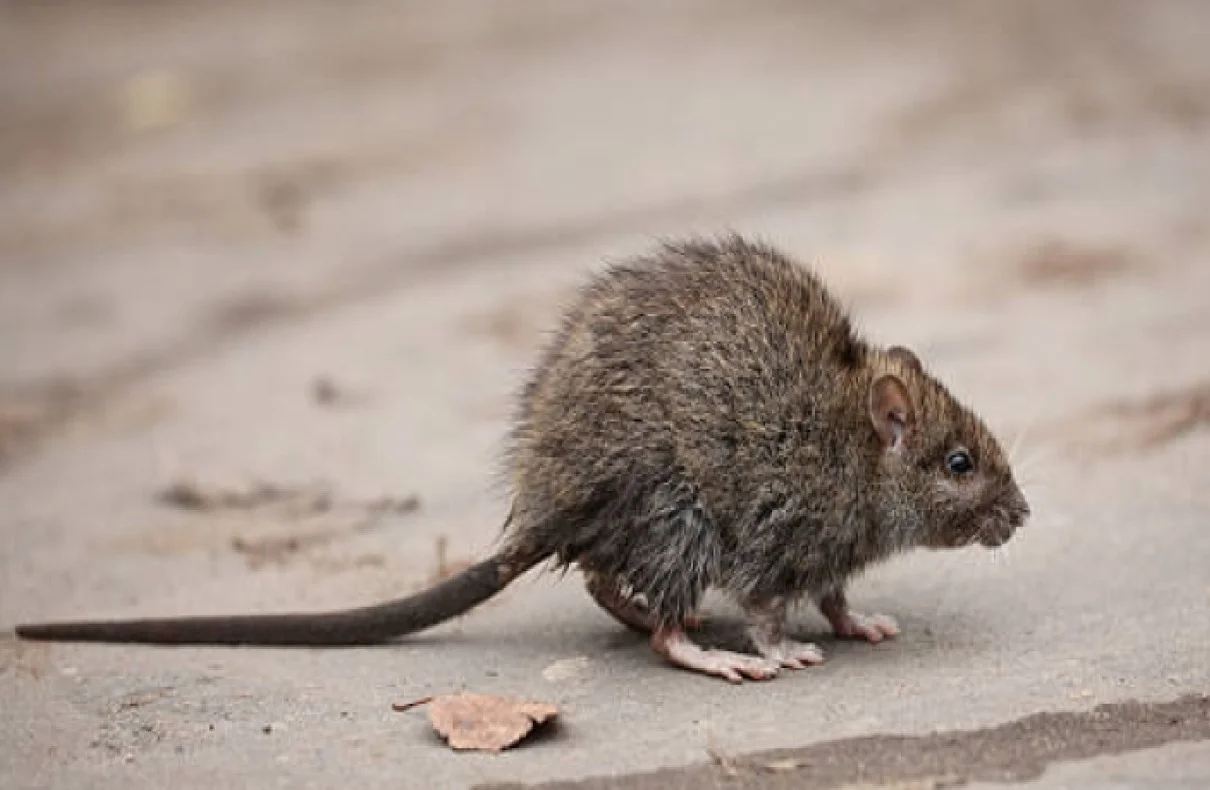The alarming increase in the number of cases related to diseases borne from rat urine has become a significant public health concern. Leptospirosis, a bacterial disease caused by the Leptospira bacteria, is primarily transmitted through rat urine.
This bacteria can survive for months in soil and water, presenting a widespread and persistent threat. Other animals such as pigs, cattle, horses, dogs and wild animals also harbor this bacteria in their urine, often without displaying any symptoms.
The disease is contracted when humans come into contact with contaminated soil or water, and the bacteria enter the body through the eyes, mouth, or open wounds in the skin. Person-to-person transmission is rare, which means each case is usually isolated.
Recent records indicate a surge in leptospirosis cases. In 2023, a record high of 24 cases were reported. Already in the first quarter of this year, six cases have been identified, and this number is expected to increase further.
The infected individuals had a history of exposure to rat urine or were frequently in environments where the bacteria could be present. Most cases occurred in The Bronx, followed by Manhattan, Brooklyn, and Queens.
Leptospirosis symptoms can vary significantly. Initial symptoms can mimic a common cold, including high fever, headache, chills, muscle aches, diarrhea, and rash. If left untreated, leptospirosis can lead to severe complications such as kidney failure, meningitis, or liver damage.
There are several ways to reduce the risk of contracting leptospirosis. Regular hand washing, covering open cuts or wounds, wearing shoes while taking out the trash, and wearing gloves are some simple yet effective preventive measures. The NYC Department of Health advises cleaning surfaces and floors with a solution of one part bleach to ten parts water to kill the bacteria.
Unfortunately, leptospirosis does not spare our furry friends. Dogs, in particular, are susceptible to the disease. In 2021, a New Yorker tragically lost her Australian cattle dog to the disease.
Vaccines are available to protect dogs from leptospirosis, and veterinarians recommend vaccination for all dogs. Avoiding muddy puddles and keeping pets away from rats can also reduce their risk of exposure.
